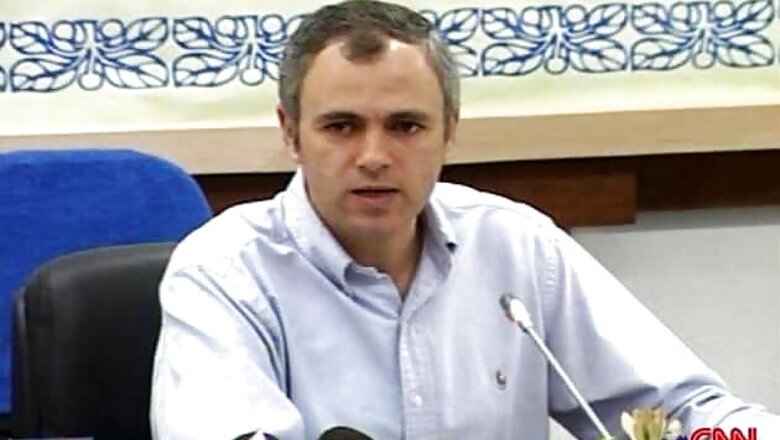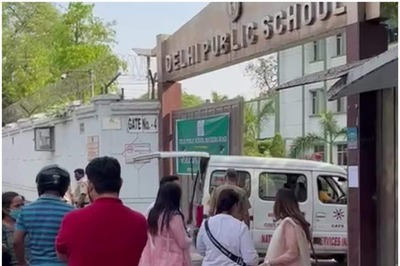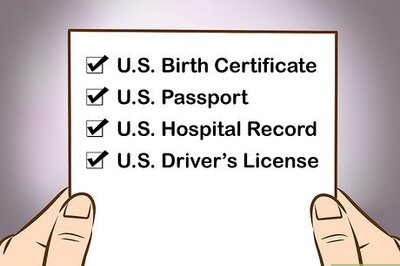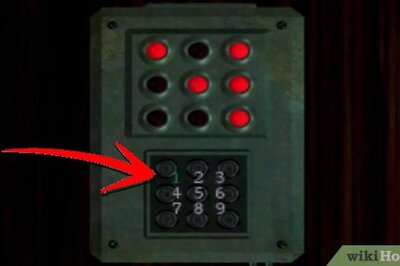
views
Jammu: Citing the Supreme Court's recent observation, Jammu and Kashmir Chief Minister Omar Abdullah, who has been pitching for partial revocation of Armed Force Special Powers Act (AFSPA) in the state, on Tuesday said the statute was not aimed at protecting acts of crime.
"AFSPA is for legitimate protection and not for protection of the acts of crime. And that is something we have always maintained," Omar said.
The Chief Minister, who was reviewing restoration work at the erstwhile Dogra power centre - Mubarak Mandi heritage complex in Jammu, said, "AFSPA protection is given to the personnel so that they not become victims of the law while rendering their (anti-militancy operational) duties."
Omar said, "I do not think the armed forces have to commit rape, murder or any other such activities in order to perform their duties. "Therefore the observation of the Supreme Court is correct."
Questioning the extent to which the army can claim blanket immunity under AFSPA, the Supreme Court had said rape and murder committed by its personnel should be considered a "normal crime", and that there is "no question of sanction" from the government before prosecution of offenders in such cases.
Under AFSPA, prior approval is required before prosecution or any other legal action can be initiated against armed forces personnel operating in areas declared "disturbed" by the government.
"You go to a place in exercise of AFSPA, you commit rape, you commit murder, then where is the question of sanction? It is a normal crime which needs to be prosecuted, and that is our stand," an apex court bench of justices BS Chauhan and Swatanter Kumar had remarked.
The court said AFSPA gave "very limited protection" confined to action in "discharge of duty".
The court was hearing the CBI challenge against the army's invocation of AFSPA against prosecution of eight officers chargesheeted in the Pathribal fake encounter in March 2000.
While the five men were identified as Lashkar-e-Toiba mercenaries by the army, they had turned out to be locals from nearby villages of Brariangan, Halan and Anantnag.




















Comments
0 comment